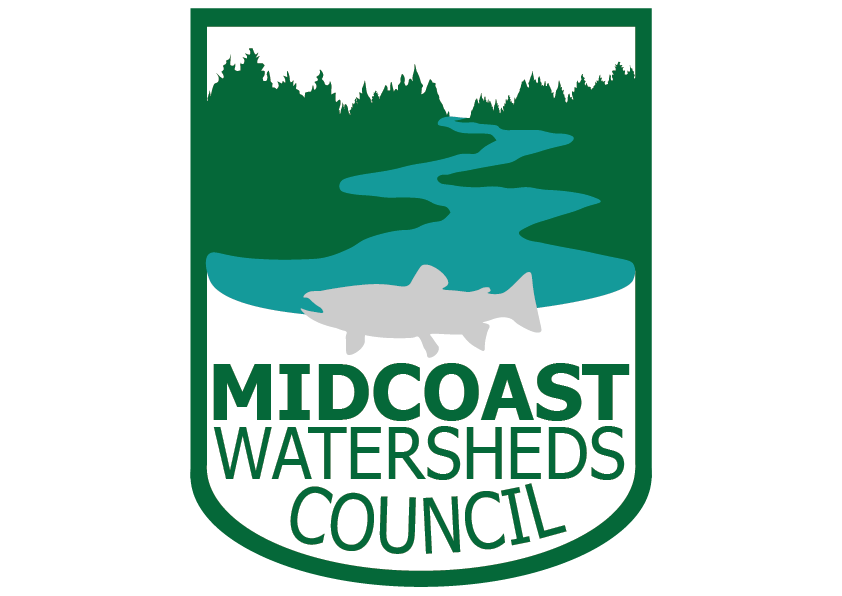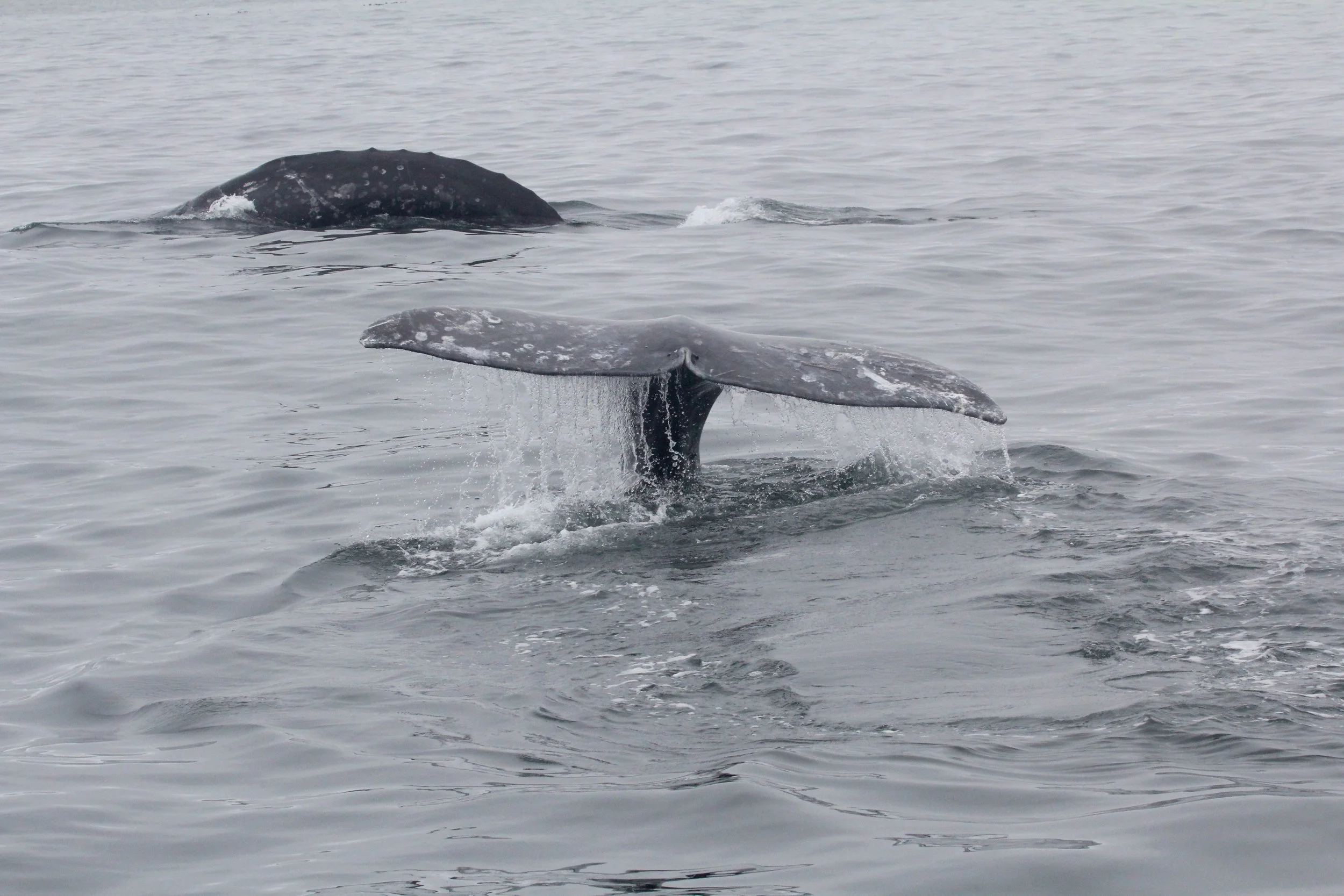As gray whales head north for their summer feeding season, a small group of them stick around the Oregon coast rather than heading all the way up to the Arctic, making places like Depoe Bay renowned for whale watching. Scientists from OSU have been researching which whales cut the migration short, how they use habitats present off our coast, and why they might be doing this.
This month, we heard from Lisa Hildebrand (PhD student at OSU’s Marine Mammal Institute at HMSC) about her research projects based out of Newport and the south coast. She covered the individual whales that are known to frequent our coastal waters, and what she and her colleagues have been able to learn about them.
Watch the talk at: https://youtu.be/AB3G6oG4yOY
Lisa Hildebrand
Image(s) captured under NOAA/NMFS permit #21678. Source: GEMM Lab
Speaker Bio
Lisa Hildebrand is a fourth year graduate student at Oregon State University in the Department of Fisheries, Wildlife, & Conservation Sciences under the supervision of Dr. Leigh Torres in her Geospatial Ecology of Marine Megafauna lab within the Marine Mammal Institute. She is an international student from Germany who very quickly after moving here in the fall of 2018 fell in love with Oregon and all it has to offer. Lisa has undertaken research on several marine mammal species including bottlenose dolphins, harbor seals, humpback, blue, and now, gray whales, who have become the focus of her graduate research. Lisa’s research interests lie in understanding the spatial and foraging ecology of large predators, particularly as it relates to their prey and environment.



